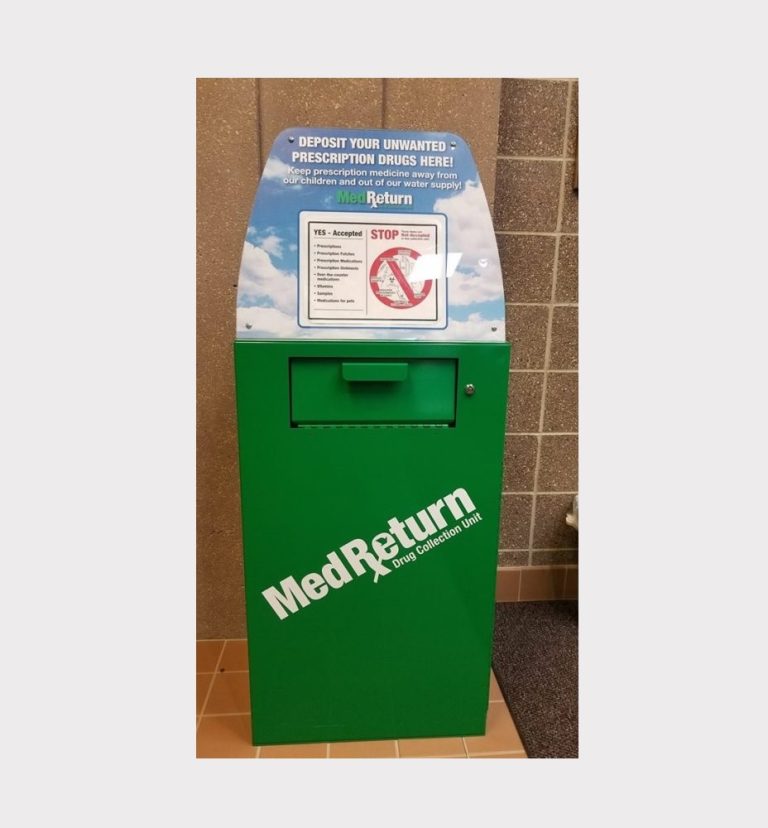Statewide Iowa — Jury duty — it’s a part of being a citizen in our society. But what if you’re a farmer and it’s harvest season? What if you have a family emergency?
We talked to Steve Davis, who is the communication director for the Iowa Judicial Branch, and asked some of these questions. First of all, Davis tells us how long you have to be “on call” in case there is a jury trial.
According to Davis, if you want to know how long you might be on call in your county, you can call the Clerk of Court’s office.
He says the time of service has changed a little recently. Another change is that you can now complete the jury questionnaire online.
Davis says there are very few categories of people who don’t have to serve jury duty.
Sometimes, things come up unexpectedly. We asked Davis what can be done if you’ve gone through the whole process and the trial has maybe even begun, and THEN you have a family emergency like a death in the family.
Davis tells us there is also a medical excuse. He says the form letter for the doctor to fill out and sign can be found online.
We also asked Davis about a situation in which someone is a retiree or someone else with a lot of time on their hands — could they volunteer to serve on juries whenever there is a need?
Click here for the full interview that we did with Steve Davis.
He answers these additional questions:
| · What are the requirements for Jury Duty? |
| · How does it work when you’ve been selected for a trial and go in on that first day? |
| · We’ve heard you can now contact the jurors on call via text messaging. Tell us about that. |
| · Is there any way to tell if there are any potential jury trials coming up in your county if you are “on call” for jury duty? |
Davis also provided this additional information about jury duty in Iowa:
There are 12 jurors in a criminal trial and eight in a civil trial.
Civil cases typically fall into three major categories:
• Family law (e.g., divorce and child support and custody)
• Tort law (e.g., personal injury, property damage, or product liability)
• Contract law (e.g., written and oral agreements)
How jury selection works:
In criminal cases, it starts with the constitution. For indictable criminal cases, that means a jury of twelve. The process for selecting the jury is controlled by court rule (Ct. Rule 2.18). In a standard criminal case, excluding Class A felonies, both the prosecution and defense get 6 strikes. So you start by randomly selecting 24 prospective jurors from the jury pool. If a prospective juror is challenged and dismissed for cause, another prospective juror is randomly selected. Voir dire (jury selection) continues until 24 prospective jurors are cleared for cause. The prosecution and defense then exercise their strikes and you end up with a jury of 12. In class A felony cases, each side gets 10 strikes so you start with a panel of 32 rather than 24. But then the process is the same as described.
The process for selecting juries in civil cases is controlled by court rule as well (Ct. Rule 1.915). Jury selection in civil cases is basically the same as in criminal cases, except we have 8 person juries. Each side gets 4 strikes. So, in a standard civil jury case, you start with a panel of 16. Once you have 16 prospective jurors cleared for cause, both sides exercise their strikes and you end up with a jury of 8.












